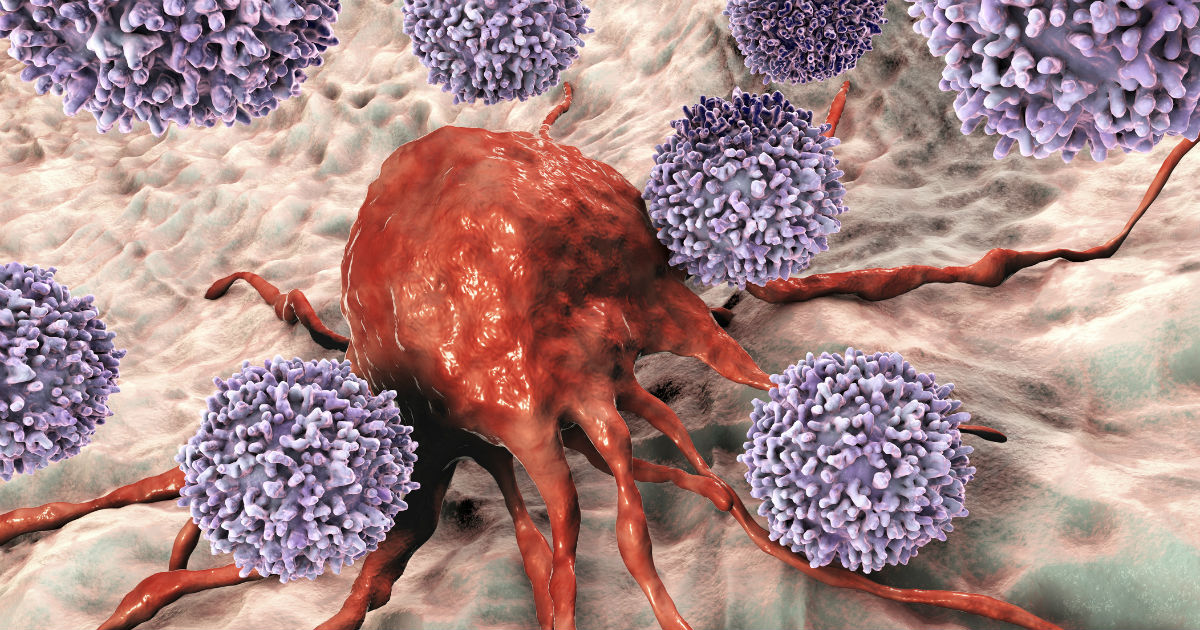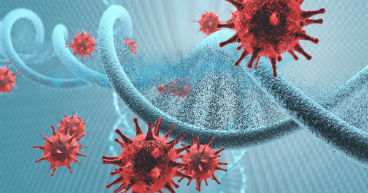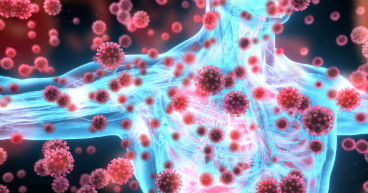
T-cells and B-cells, the two main components of the body’s acquired immune system, are in many ways the heroes in our battles against viruses and disease. B-cells make antibodies to block viruses. And while much has been written about the need to develop antibodies against COVID-19, researchers are learning that T-cells may be the key to developing long-lasting immunity to the virus. Just as T-cells have been the focus of emerging immunotherapy drugs developed to treat cancer, they are now in the spotlight in laboratories around the world as researchers seek out a vaccine for COVID-19. For instance:
- Researchers at Oxford University are testing a vaccine designed to do two things: stimulate T-cells to fight the virus, and promote B-cell production to block the infection. According to researchers, the vaccine has shown “strong antibody and T-cell immune response.”
- Scientists in Sweden have found patients who were infected with COVID-19, but had mild or no symptoms, had “robust memory T-cell responses months after infection, even in the absence of detectable circulating antibodies” for the virus.
- California researchers found that an analysis of T-cells in healthy patients may suggest “some potential for pre-existing immunity in the human population.”
One size doesn’t fit all
T-cells are the workhorse of the acquired immune system. There are several types of T-cells that patrol the body in search of damaged cells, viruses and bacteria. T-cells are also designed to remember their foes, so they can respond quickly should a previously vanquished invader come calling again.
In recent years, scientists have harnessed the power of T-cells to help treat cancer in two key ways:
Checkpoint inhibitors work by disrupting the signals that cancer cells and T-cells exchange at certain “checkpoints,” exposing cancer cells to the immune system as dangerous and generating an immune response.
CAR T-cell therapy, short for chimeric antigen receptor T-cell therapy, uses T-cells that have been removed from the body, re-engineered and reinjected into the bloodstream to attack cells that have a specific genetic feature.
So, with all these prophylactic and therapeutic treatments designed to stimulate the immune system against various diseases, why doesn’t an immune treatment that works for one disease work for another? For example, if immunotherapy is designed to help the T-cells work more efficiently against cancer, why wouldn’t those same efficiencies work against other diseases, such as COVID-19, or vice-versa?
T-cells are part of the acquired immune system because they use certain tools or information to target threats. Some of those tools are natural, like memory cells that learn to recognize a previous virus or infection. Scientists have learned to develop other tools that can empower the immune system in similar ways to fight cancer. Immunotherapy, for instance, gives T-cells the tools they need to better recognize and attack cancer cells. Without those tools, cancer cells may still be able to evade the immune system. But the tools or information given to T-cells to treat cancer are only for cancer and likely would have no effect against COVID-19 or other viruses.
“T-cells are specific in their actions to enhance an immune response,” says Maurie Markman, MD, President of Medicine & Science at Cancer Treatment Centers of America® (CTCA). “So, a T-cell active against a particular cancer will not be effective against a virus.”
Take steps to support the immune system
Our immune system is a remarkable network of cells that work hard to keep us healthy. But viruses like the one that causes COVID-19 are occasional reminders of that system’s limitations. The results of ongoing research, though, offer hope that recent strides made in harnessing the power of the immune system can educate and accelerate efforts to find a COVID-19 vaccine that works in a similar way.
In the meantime, there are important lifestyle changes many of us can take to help support our immune system. For instance:
- Make sure your vaccinations are up to date.
- Quit smoking.
- Get plenty of restful sleep.
- Eat a healthy diet with many colorful fruits and vegetables.
- Get plenty of exercise.



